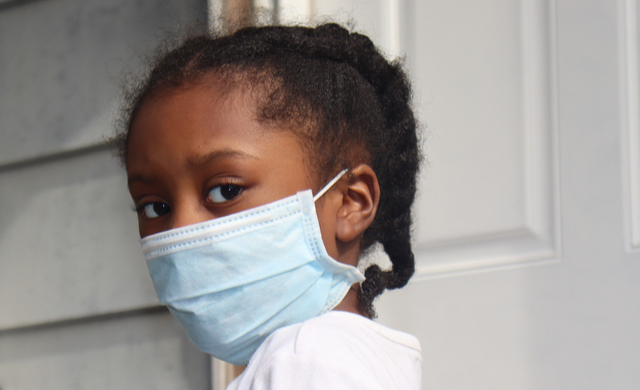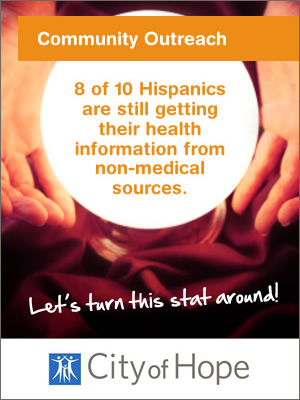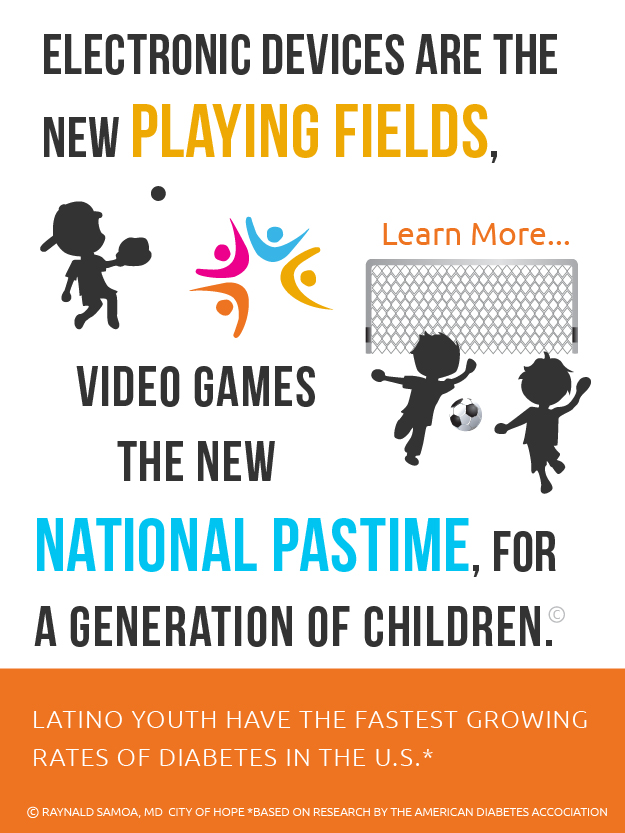
Black and Hispanic children are impacted more severely by coronavirus, research shows
09/18/2020 06:00AM | 2917 viewsBlack and Hispanic children are impacted more severely by coronavirus, with higher case rates, hospitalizations and virus-related complications, according to research released this week. These findings mirror similar reports across the nation of adults in minority communities being hit harder by Covid-19.
A report from the US Centers for Disease Control and Prevention released Friday found that Black and Hispanic children are more likely to be hospitalized due to coronavirus than White children. The CDC examined hospitalization records from 14 states and found 576 Covid-19 cases among children who needed hospitalization from March through July 25.
The report found Hispanic children were hospitalized for coronavirus at the highest rate, 16.4 per 100,000 people, followed by Black children at 10.5 per 100,000. In contrast, White children were hospitalized at a rate of 2.1 per 100,000.
The CDC also reported higher rates of multisystem inflammatory syndrome, or MIS-C, in these populations. Of 570 cases of MIS-C reported to the CDC by July 29, more than 74% were in Black and Hispanic children.
MIS-C is a rare, but serious complication of coronavirus in children. Symptoms can include fever, rash, inflammation, stomach problems and shock. The condition can also lead to organ failure and heart damage.
A study released this week out of Children's National Hospital in Washington, DC, found that coronavirus rates are similarly higher among Black and Hispanic children and those from lower socioeconomic backgrounds.
The study examined 1,000 patients tested at a Children's National Covid-19 testing site and found that just 7.3% of White children tested positive for coronavirus, in contrast to 30% of Black children and 46.4% of Hispanic children. Three times as many Black children as White children reported exposure to coronavirus.
Implications for reopening schools
Schools around the nation are currently making decisions about whether children will return to classrooms for in-person classes. A Georgia school district which reopened this week was forced to quarantine at least 260 students and eight teachers after multiple members of the school community tested positive for Covid-19.
While the research suggests that children from some populations are more susceptible to the virus and its complications than others, none are immune -- or even "almost immune," as President Donald Trump recently claimed.
While children do experience severe illness from Covid-19 less often than adults, children who are hospitalized need the intensive care unit as often as adults do, at a rate of about one in three, according to the CDC.
Dr. Khalilah Gates, a pulmonary and critical care specialist at Northwestern Memorial Hospital told CNN Saturday that the CDC research gives us new information about the virus' impact on children that can help us make informed decisions about opening schools. "We can't back off of testing, and we do have to have more rapid testing," Gates added.
The CDC report on MIS-C noted that 64% of the children with MIS-C required intensive care, and 10 children died.
Health experts have called for additional research into the impact of coronavirus on children, especially that which would help understand the factors driving stark racial inequities.
What's driving these disparities?
Racial health disparities have existed for years, and the coronavirus pandemic has exacerbated them.
Experts say that social determinants of health have led to increased rates of underlying health conditions, like diabetes, heart disease and hypertension in minority communities, placing many at greater risk for coronavirus complications.
Structural conditions also play a role. Rashawn Ray, a David M. Rubenstein Fellow with the Brookings Institution, recently noted that social distancing is a privilege that people of color, who often live in densely populated areas, are not afforded. He said discrimination is "baked into" our society.
People of color are also less likely to have access to healthy food options, recreational spaces and health care.
Health experts have urged action toward addressing the disparities, while acknowledging that fixing them will require a decades-long commitment. A good place to start, says the nation's leading infectious disease expert Dr. Anthony Fauci, is with increased testing and access to health care in minority communities.
In a Friday conversation with the Dr. Ashish Jha, the director of the Harvard Global Health Institute , Fauci said the disparities brought to light by the pandemic are "unacceptable," and may jolt our society into action.











Post your Comment
Please login or sign up to comment
Comments